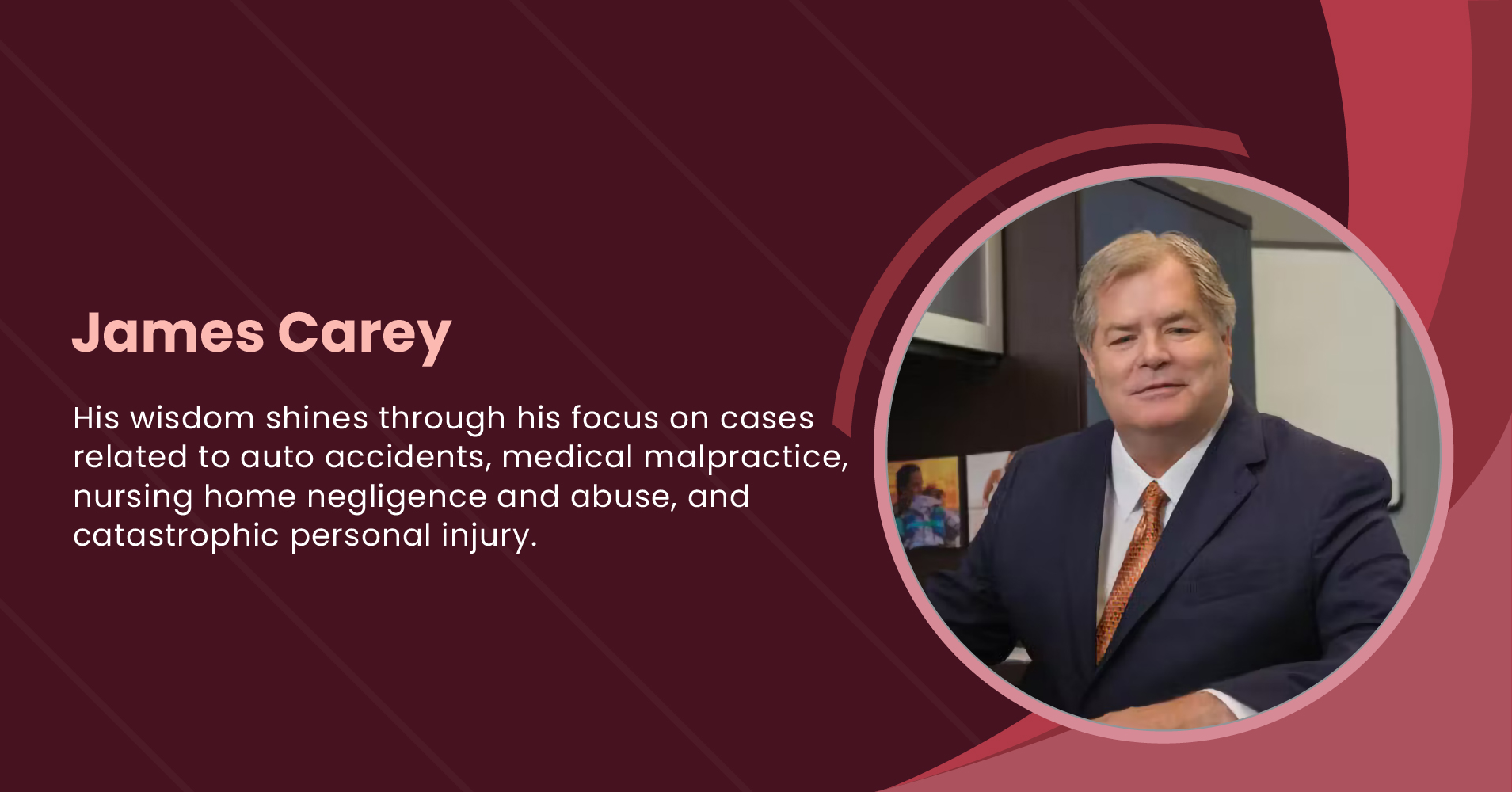
Negotiating personal injury settlements can be a complex and daunting process, requiring a delicate balance of legal knowledge, communication skills, and strategic thinking. Whether you’re an attorney representing a client or an individual navigating a claim on your own, mastering negotiation techniques is essential for achieving favorable outcomes. In this article, we’ll explore insider techniques and best practices to help you navigate the intricacies of personal injury settlements with confidence.
Understanding the Dynamics of Negotiation
Before diving into specific techniques, it’s crucial to understand the dynamics of negotiation in personal injury settlements. Negotiations typically occur between the injured party (or their legal representative) and the insurance company representing the at-fault party. Both sides aim to reach a settlement that compensates the victim for their injuries and damages while minimizing costs for the insurer.
Establishing Clear Objectives
One of the fundamental principles of negotiation is establishing clear objectives before entering discussions. Define your goals for the settlement, including the desired compensation amount, any non-monetary terms (such as admission of liability), and the lowest acceptable offer you’re willing to accept. Understanding your objectives will guide your negotiation strategy and help you stay focused during discussions.
Gathering Strong Evidence
In personal injury cases, evidence is crucial in supporting your claims and strengthening your negotiating position. Collect and organize all relevant evidence, including medical records, accident reports, witness statements, and documentation of expenses such as medical bills and lost wages. Presenting compelling evidence strengthens your case and increases your leverage during negotiations.
Calculating Damages Accurately
Accurately calculating damages is essential for negotiating a fair settlement. Consider both economic damages (such as medical expenses and lost income) and non-economic damages (such as pain and suffering). Work with medical professionals, economists, or other experts to assess the full extent of your damages and ensure you’re seeking appropriate compensation.
Building Rapport and Trust
Negotiations often involve building rapport and trust with the opposing party to facilitate productive discussions. Approach negotiations with a professional and respectful demeanor and actively listen to the other party’s perspective. Establishing a positive rapport can create a more cooperative atmosphere and increase the likelihood of reaching a mutually beneficial agreement.
Utilizing Persuasive Communication Techniques
Effective communication is essential for persuading the other party to agree to your terms. Clearly articulate your position, focusing on the strengths of your case and the reasons why your proposed settlement is fair and reasonable. Use persuasive language and storytelling techniques to convey the impact of the injury on your life and emphasize the need for adequate compensation.
Negotiating Strategically
Strategic negotiation involves carefully planning your approach to achieve the best possible outcome. Consider factors such as timing, leverage, and potential concessions. Know when to push for a higher offer, when to compromise, and when to walk away from the negotiation table. By strategically managing the negotiation process, you can maximize your chances of securing a favorable settlement.
Handling Counteroffers and Objections
During negotiations, you’re likely to encounter counteroffers and objections from the opposing party. Anticipate potential objections and prepare responses that address the other party’s concerns while reinforcing the strength of your position. Remain flexible and open to negotiation, but also assertive in advocating for your interests.
Mastering negotiations in personal injury settlements requires a combination of preparation, communication skills, and strategic thinking. By understanding the dynamics of negotiation, setting clear objectives, and utilizing persuasive techniques, you can increase your chances of achieving a favorable outcome. Remember to stay patient, persistent, and proactive throughout the negotiation process, and don’t hesitate to seek guidance from legal professionals if needed. With the right approach, you can navigate personal injury settlements with confidence and achieve the compensation you deserve.